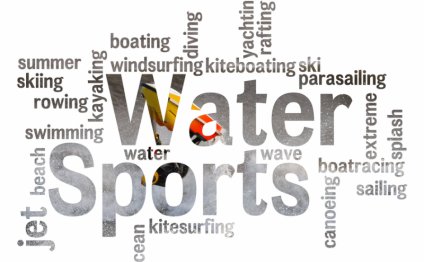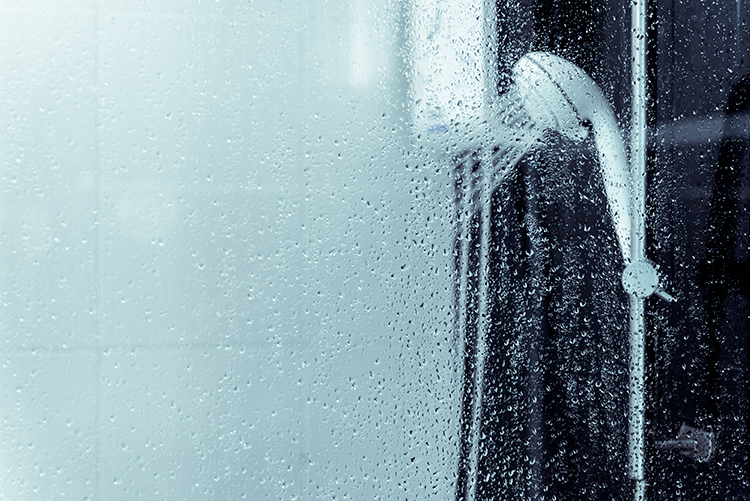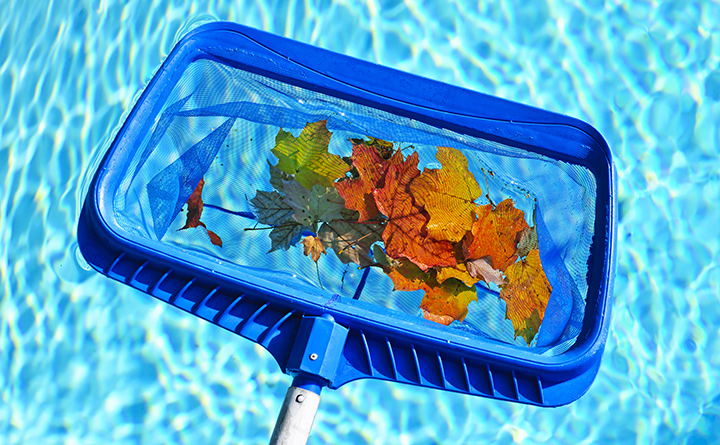
Safety on the Water
When the weather converts cozy, everyone else desires to maintain or about the water. Chilling out in the share or perhaps the coastline on a hot day is an excellent solution to defeat the heat.
Between having a good time and looking at the lifeguards, people do not think much about water security — but they should. For individuals involving the ages of 5 and 24, drowning could be the 2nd leading reason for accidental demise.
It generally does not have to be like that, however. Many water-related accidents could be avoided by focusing on how to stay safe and after various simple tips. Mastering simple tips to swim is vital in the event that you plan on being on or near liquid. Many organizations provide swim training to individuals of all ages, check to see exactly what courses can be found in your area.
Cycling Smarts
"friend up!" That is what cycling trainers state. Always swim with a partner, each time — whether you're swimming in an outdoor share or in a lake. Even experienced swimmers could become fatigued or get muscle cramps, which could ensure it is tough to escape the water. When individuals swim collectively, they may be able assist both or opt for aid in case of an urgent situation.
Get skilled. Speaking of emergencies, it really is advisable that you be ready. Mastering some life-saving skills, such CPR and relief strategies, will save you a life. A number of organizations provide free courses for both beginning and practiced swimmers and boaters. Consult your YMCA or YWCA, regional hospital, or chapter of the Red Cross.
Understand your limitations. Cycling could be a lot of enjoyment — and you might want to stay in water provided that feasible. If you are not a good swimmer or perhaps you're just understanding how to swim, cannot enter liquid that is so deep you can't touch the bottom and don't try to maintain skilled swimmers. That may be hard, particularly when friends are challenging you — but it's a pretty yes bet they'd rather have you safe and alive.
If you are good swimmer and also have had classes, keep close track of buddies that aren't as comfortable or as skilled while. If it appears as though they (or you) are getting tired or somewhat uneasy, declare that you are taking some slack from cycling for a time.

Swim in safe places just. It's a wise decision to swim only in locations where are supervised by a lifeguard. No one can anticipate changing ocean currents, tear currents, sudden storms, or other concealed perils. In case anything does go wrong, lifeguards tend to be competed in relief strategies.
Swimming in an open body of water (like a lake, lake, or ocean) varies from cycling in a share. You want even more power to address the currents and other changing circumstances in the great outdoors water.
When you do find yourself caught in a present, never stress plus don't combat the existing. You will need to swim parallel towards shore until you can get from the existing, that is often a narrow channel of liquid. Gradually you will need to make your long ago to shore as you do so. If you're struggling to swim away from the present, remain peaceful and float with all the existing. Current will most likely delay, then you can swim to shore.
Even an excellent swimmer whom attempts to swim against a powerful present are certain to get exhausted. If you're likely to be swimming in an open body of liquid, it's a good idea to simply take cycling lessons that offer you with advice on handling unforeseen hazards.
Some places with extremely strong currents are off limits in terms of cycling. Do your research and that means you know in which to not ever swim, and focus on any indicators uploaded in your community.
More Swimming Smarts
Be cautious about scuba diving. Diving injuries causes mind injury, permanent spinal cord harm, paralysis, or even death. Shield your self by only scuba diving in areas that are considered to be safe, including the deep end of a supervised pool. If a place is posted with "No scuba diving" or "No Swimming" signs, focus on them. A "No Diving" indication means water is not safe for a head-first entry. Even if you intend to jump in legs very first, look at the water's level before you leap to be sure there aren't any concealed rocks or any other dangers. Lakes or streams may be cloudy and dangers is hard to see.
View sunlight. Sunlight showing off the liquid or off sand can intensify the burning rays. You might not feel sunburned if the water seems cool and refreshing, although pain will meet up with you later — therefore remember to reapply sunscreen regularly and cover up most of the time. Do not forget your hat, UV defense glasses, and defensive clothes.
Drink many liquids. It's easy to get dehydrated under the sun, particularly if you're active and sweating. Match liquids — particularly water — to avoid dehydration. Dizziness, experiencing lightheaded, or nausea are signs and symptoms of dehydration and overheating.
Getting too cool. Talking about heat, it's possible to get also cool. Just how? residing in cool liquid for very long durations can decrease your body temperature. A temperature of 70°F (20°C) is favorably balmy on land, but did you know water below that heat will feel cool to the majority of swimmers? Your system temperature falls far more rapidly in water than it does on land. If you are cycling, you are utilizing power and dropping human anatomy heat much faster than if perhaps you were maintaining still. Track your self when swimming in chilled water and remain near to shore. If you think yourself begin to shiver or your muscles cramp up, escape the water rapidly; it doesn't take long for hypothermia to set in.
Liquor and liquid never ever blend. Alcohol is involved with numerous water-related injuries or over to 1 / 2 of all water-related fatalities. The data for teenage dudes are specially frightening: half of all of the adolescent male drownings are linked with alcoholic beverages use.
In the Water Park
OK, so you do more splashing than cycling, but it's just as vital that you understand your skill level at the liquid playground since it is at share. Set aside a second to read warnings also indications. Each location in the water playground have different depths of liquid, so be sure you pay attention.
Unless you learn how to swim make sure to put on a-coast Guard-approved life jacket when needed, and be sure there's lifeguard direction. And then make sure you are doing slip operates feet first or you'll place your self at risk for a ride that's much less fun — one to the doctor or dental practitioner.
Boating Security
More people die in boating accidents every year compared to airplane crashes or train wrecks, but only a little good sense makes boating both enjoyable and safe. If you are going to go sailing, ensure that the captain or individual handling the motorboat practical knowledge and competent.
Alcohol and liquid however do not combine. One-third of boating deaths are alcohol associated. Alcohol distorts our view irrespective of where we are — but that distortion is also greater on the water. Because there are no road signs or lane markers regarding the water plus the climate can be unpredictable, it is important to have the ability to believe quickly and respond well under pressure. If you should be drinking, this can be nearly impossible.
Also, the U.S. Coast Guard alerts about a disorder called boater's exhaustion, which means that the wind, noise, heat, and vibration of motorboat all combine to wear you down when you are regarding the water.
Weather. Before boating, be sure the weather conditions tend to be safe. The area radio, internet or television channels can offer updated local forecast information.
RELATED VIDEO



Share this Post
Related posts
Electric Showers
If you know how it feels to put up with the odd shower that does not hold a stable temperature and makes you slouch miserably…
Read MorePool Maintenance Tips
Pretty soon swimming pool holders will face the annual problem: opening a backyard swimming pool for the summer period. The…
Read More
 This article is about the recreational activity. For the airline with the callsign, see Trans States Airlines.
This article is about the recreational activity. For the airline with the callsign, see Trans States Airlines.














